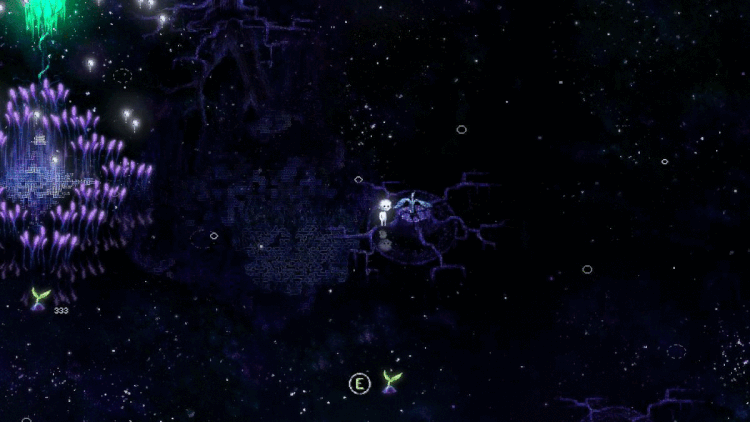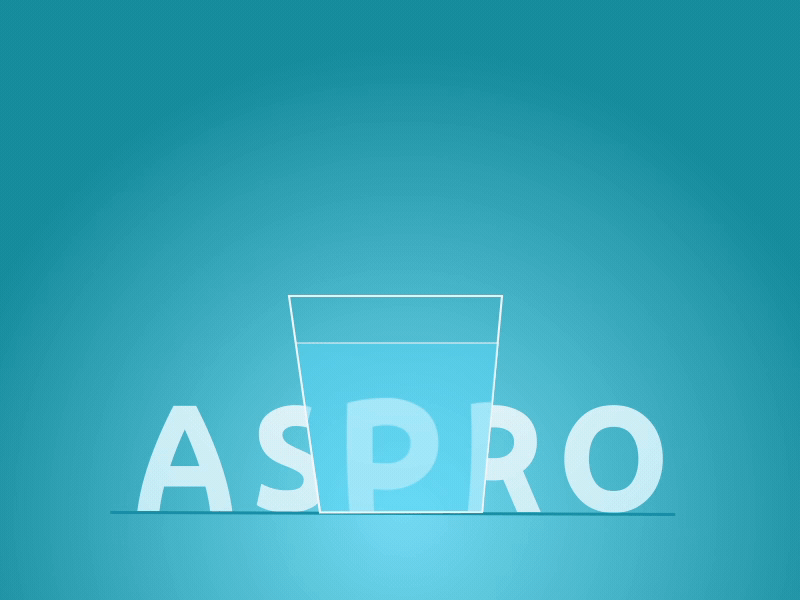
. . . hurts my eyes.

Oh, and Nintendogs totally deserves that perfect score.
Ravenprose said:An entire post made of nothing but italics . . .
. . . hurts my eyes.
Oh, and Nintendogs totally deserves that perfect score.
Indeed, those graphics are lifelike.


"Scoooooreeeeeeees!"
I wouldn't put too much trust in the japanese collective hivemind, anyway.
Now add this from 1up:
Konami Shuns Blog Over Metal Gear Review Controversy
The publisher has revoked Kotaku Japan's invitation to the Metal Gear Solid: Peace Walker launch event.
There's been a fair bit of controversy surrounding Japanese gaming mag Famitsu and its glowing review of Metal Gear Solid: Peace Walker. The game received a perfect, 40 out of 40 score from the magazine last week -- a fact that many were quick to chalk up to corruption in Japan's gaming press.
Much of the suspicion stems from Famitsu publisher Enterbrain's president Hirokazu Hamamura appearing prominently in advertisements for Peace Walker. Copies of Famitsu also show up as items in the game.
Now it seems Famitsu and Konami are retaliating against these accusations. Brian Ashcraft of Kotaku recently called the magazine out for what he perceived as a conflict of interest, and Kotaku Japan posted a translated version of that story on their site. Both Konami and Famitsu contacted Kotaku Japan this morning, and the game's publisher has revoked the site's invitation to the launch event for Metal Gear Solid: Peace Walker.
Blacklisting a magazine or website for unfavorable coverage isn't anything new. But the articles Kotaku posted don't actually say anything negative about Peace Walker itself; they merely call into question the integrity of another outlet. If the guys at Kotaku are indeed being punished for -- let's be honest -- saying what a lot of people are already thinking, then it doesn't sound like Konami's doing much to help themselves or Famitsu. If anything, this could actually reinforce the concerns about underhanded behavior between Konami and the press.

SteelAttack said:So, Kotaku has the balls to call out Konami on a conflict of interest only this time? How come they're not pontificating from their moral high ground each and every time they get invited by any other publisher or call out each and every western outlet because of the same reason?Because it's painfully obvious every major (and lots of minor) games media outlet is at a conflict of interest with the model currently prevalent in this industry. So you either go against the grain and call them all out, or shut the fuck up.Fucking disingenuous on their part.
This is kinda a step too far though:
Much of the suspicion stems from Famitsu publisher Enterbrain's president Hirokazu Hamamura appearing prominently in advertisements for Peace Walker. Copies of Famitsu also show up as items in the game.

That was an interesting read. It would be good to hear from someone familiar with Japanese culture, as these things are often very difficult to understand out of their sociological context.
There is probably an understandable reason as to why Famitsu has changed their policy in the last 2 years though that should be clear to ascertain.

Agnates said:It's no different if their president shows up in an ad than if the editor in chief gives a good review to a game their site is full of flash ads. It's conflict of interest either way. ALL outlets review what they also get revenue from via their ads. ALL outlets put revenue first over proper coverage.
That's not entirely fair. While there can be cross-over, particularly of note are these posh press events, it's not as if the writer's are the ones soliciting marketing and selling ad-space. Banner ads aren't even necessarily specifically purchased, and are often generated from an ad-service and have no connection to the site in question.
---
Tell me to get back to rewriting this site so it's not horrible on mobile






http://www.wired.com/gamelife/2009/08/famitsu-monster-hunter/
Famitsu, the premiere Japanese videogame magazine, has awarded a perfect score to Monster Hunter Tri, the new Wii entry in Capcom’s popular action series.
Why is this big news? Well, look at the list of every game that has earned a perfect score from all four of Famitsu’s reviewers (from Wikipedia):
Notice anything? Like the fact that Famitsu has now given out nearly as many perfect scores in the last two years as it did in the last 20? At this point, there’s no denying it: Something has changed with regards to Famitsu’s editorial policy on perfect scores — in an instant, it has gone from almost absurdly stringent to positively magnanimous. But why?
First, let us be sure we are fully disabused of the notion that Famitsu’s four reviewers reach their scores by the barbaric primitive methods that the rest of us do, such as playing the game in question and then writing down what they think. In his book The Japanese Have a Word For It, former Tokyo journalist Boyé Lafayette De Mente says this about the Japanese magazine business:
And yes, there’s a word for it: chōchin kiji, a “lantern article” that sheds (positive) light on a favored subject.
More recently, and specifically to games journalism, the indispensable Kevin Gifford translated some recent remarks on Dragon Quest’s perfect score by Nikkei writer and Independent Game Developers Association Japan coordinator Kiyoshi Shin:
In summary, note that Shin actually has to sit down and explain to his Japanese audience that, in America, bad games get low scores.
Just to name one such discrepancy, Square Enix’s massively hyped Xbox 360 game The Last Remnant recieved a 38/40 in Famitsu, but it currently has a Metacritic of 66.
At that awkward Last Remnant postmortem at this year’s Game Developers Conference, moderator Mark Cerny pointedly asked the game’s creators about that very discrepancy. Their answer was that they felt that American game reviewers only considered what they themselves felt about the game, but that Japanese ones were more open-minded and considered what other players would think.
I could come up with reasons why this does not pass the smell test, but I feel I only need to point out that if we take this position and extrapolate it to its only logical conclusion, all games must get perfect scores because somebody’s going to love everything unconditionally.
Don’t get me wrong: I can hardly imagine that Dragon Quest IX and Monster Hunter Tri are going to be critically panned outside Japan. What I’ve heard thus far has been nothing but praise.
Also, there’s nothing wrong per se with using the whole review scale. In a separate article, Gifford pointed out that Electronic Gaming Monthly made a similar shift in the 1990s, giving out more 10 scores.
However, when viewed through the lens of what we know about the Japanese magazine business, and scores in particular, it’s hard to believe that Famitsu’s shift was due purely to an independent editorial desire to use the whole range of scores.
Since I have absolutely no knowledge of Famitsu’s policy, I could not say for sure as to why this is happening now. But it is certainly true that the increase in 10 scores has been correlated with the decline in Japan’s game market. Neither game hardware nor software has been selling well. It all seems a bit too perfect that just as game sales drop off, games suddenly get rated higher. Perfect Famitsu scores get a lot of attention, which can only translate into longer lines on release day.
Of course, that’s a finite resource, isn’t it? Perfect Famitsu reviews are worth a lot only because they’re so rare. They used to be given out to only one game per console. What happens to the value of a 40/40 when they’re given to three games per year?
(One last thing: With this review, the only major Japanese videogame maker that has not received a 40/40 score is Sony. I predict they will end up with one by the end of 2010.)